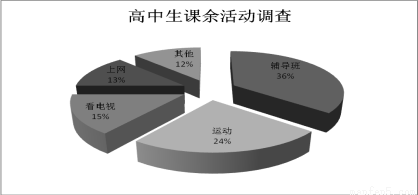0 132885 132893 132899 132903 132909 132911 132915 132921 132923 132929 132935 132939 132941 132945 132951 132953 132959 132963 132965 132969 132971 132975 132977 132979 132980 132981 132983 132984 132985 132987 132989 132993 132995 132999 133001 133005 133011 133013 133019 133023 133025 133029 133035 133041 133043 133049 133053 133055 133061 133065 133071 133079 151629
